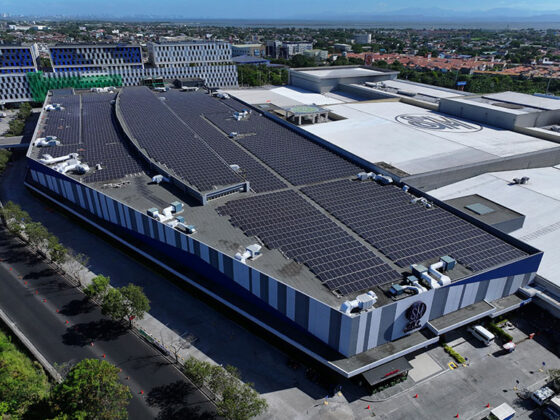The key challenges hindering the growth of a biofuel-based farm economy are issues of pricing of crop residue as well as its aggregation, transport and storage.
During a panel discussion, ‘Making way for biomass-based bioenergy’, at businessline’s Agri and Commodities Summit 2025, the panellists pointed out that supply chains should be closer to the farm lands, which can help in faster processing of agricultural-residue.
Agri-waste biomass has tremendous potential for small-scale businesses and mass employment in India, particularly in rural areas, said Madhur Jain, Co-Founder & CEO at Varaha.
Storage the key
“However, the challenge is aggregation of agri-residue. The West has managed it through mechanisation. In, India farm mechanisation is yet to catch up in a big way,” he pointed out.
Ashwin Save, Co-founder at Biofuel Circle, seconded it stating that a biofuel plant requires feedstock round the year, while India has only two crop seasons. “There has to be a complete process right from the farm to the factory. Effective regulations have to be in place for this process to work out,” he emphasised.
Founder & CEO of CEF, M S Nayyar, stressed on the issue of storage. “Storage is very important here. It’s difficult for marginal farmers to store crop residue. There are issues such as how to keep it dry, maintain a certain moisture level to avoid methanisation,” he added.
92 mt residues burnt
Jain informed that the country produces roughly 650 million tonnes (mt) of agriculture residue annually. About 250 mt is wasted every year.
As per industry, around 92 mt of farm residue is burnt every year as marginal farmers do not have the avenues or the supply chain to store or transport it. “Transporting this residue to processing centres at a sustainable cost is the challenge,” Jain stressed. Nayyar opined that there is no regulation on the supply and demand of fodder. Jain seconded Nayyar adding, “There is no independent price discovery for fodder, which is important. A transparent system of price discovery is the key.” Save emphasised that “industrial grade thinking” is required for agri-residue storage and collection.
Post-harvest management
“There has to be a standard operating procedure for residue collection, processing, transport and storage. Working capital is important for storage. Raising capital is another area that needs attention,” Save stressed.
All the three panellists stressed on a robust and uniform post-harvest management. Policy measures to promote circular economy in agriculture is “the key”. It can generate additional income for farmers, but for that there is a need to create an efficient and robust supply chain for crop residues—from the farm to the factory.
The panellists also emphasised that the way forward is through effective policy interventions as well as a combination of public and private capital.









Leave a Comment